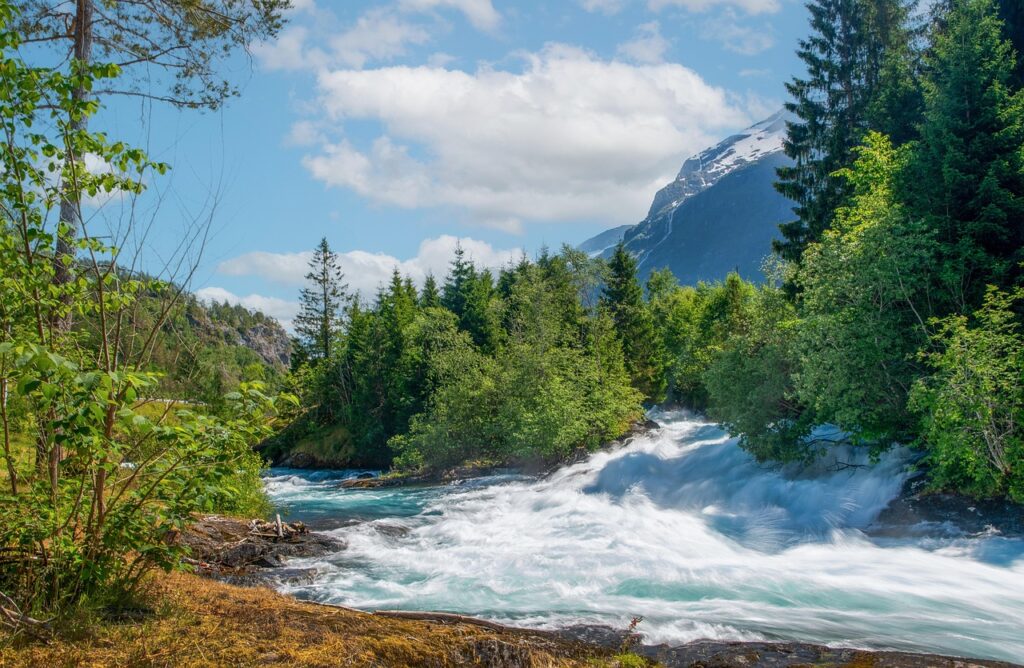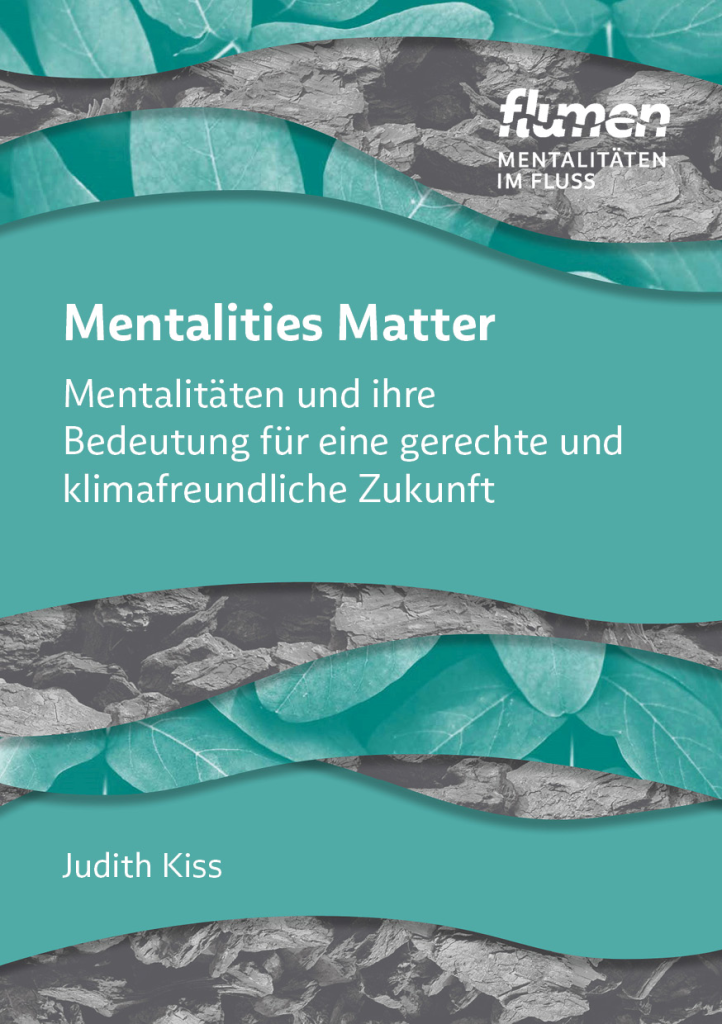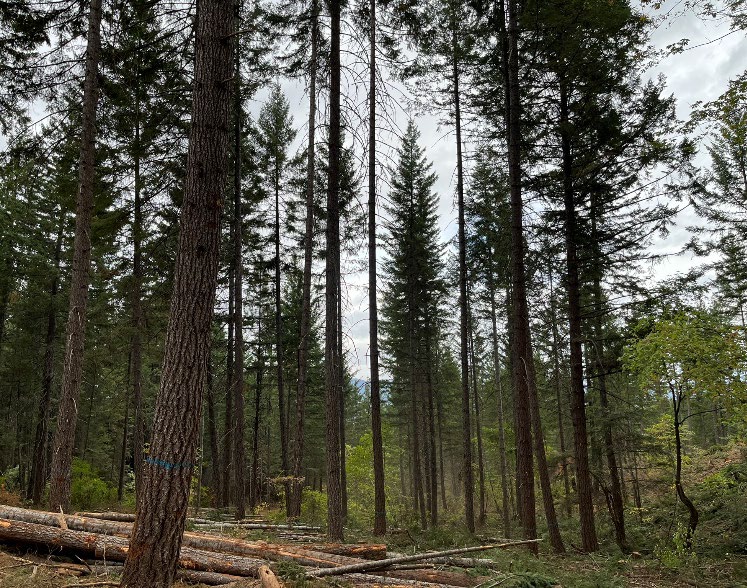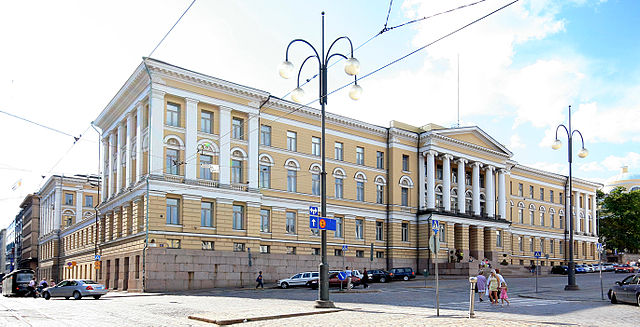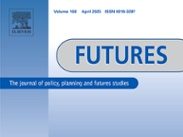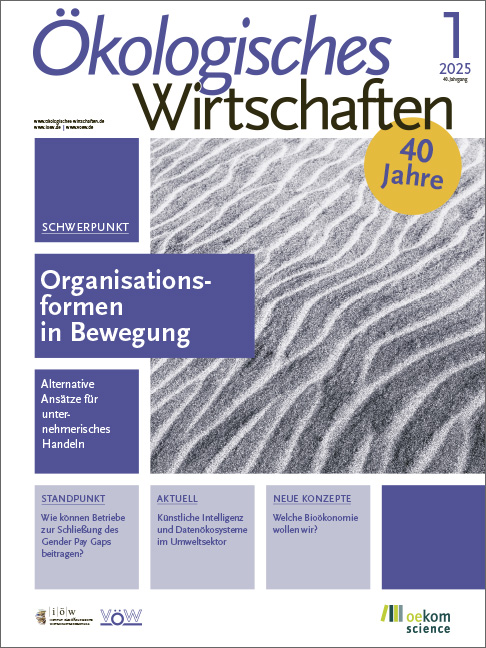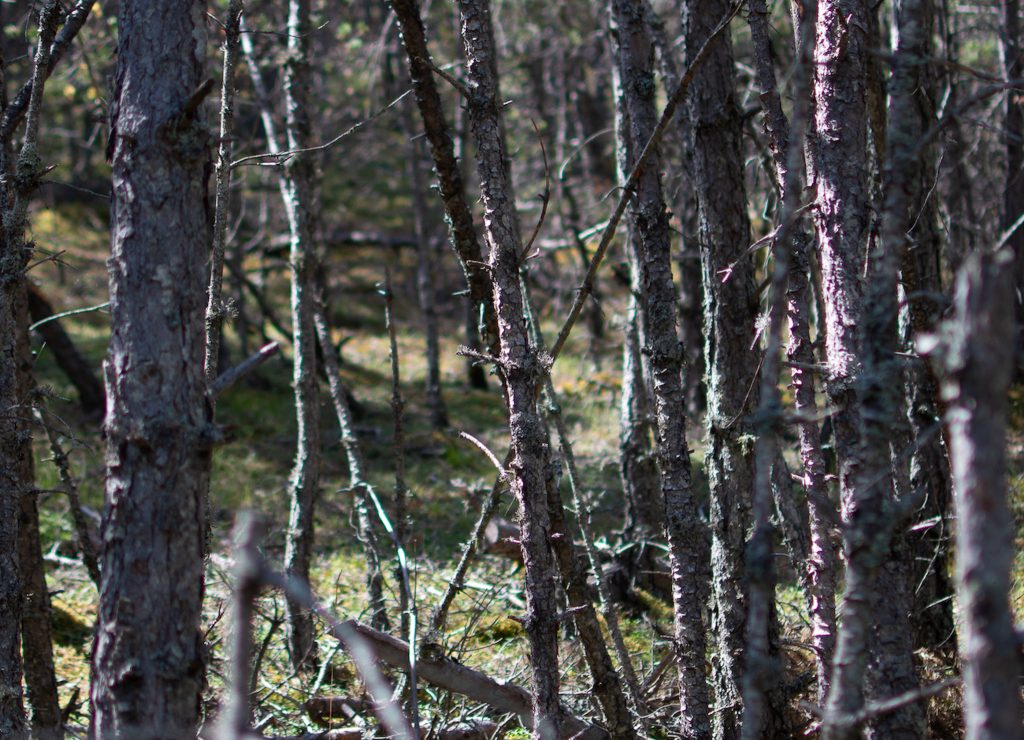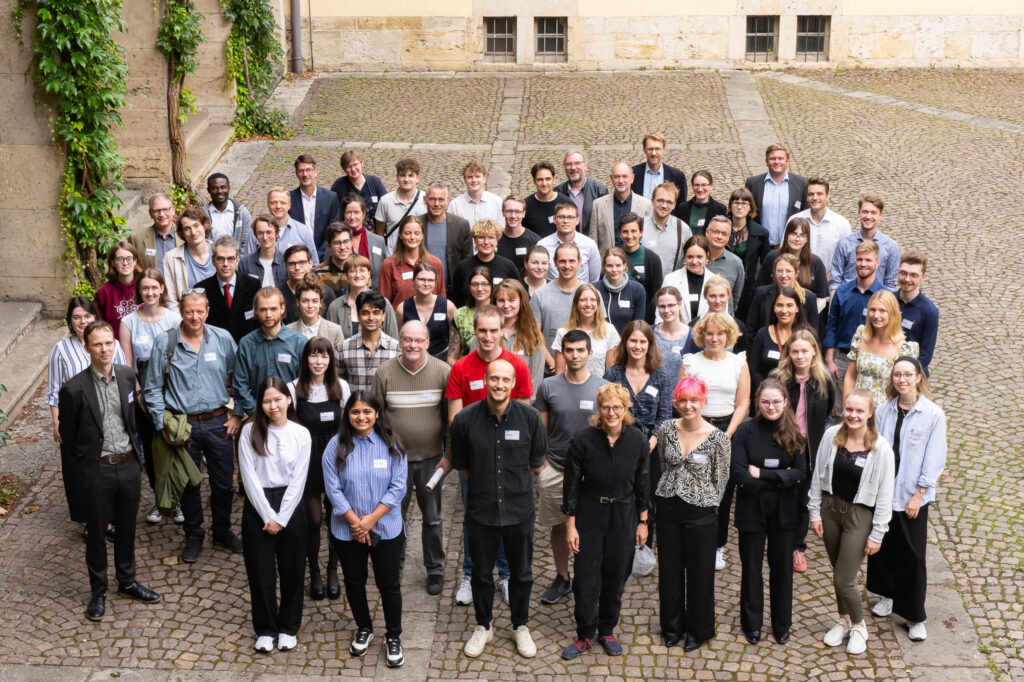
Two more flumen student employees, Jan-Ole Deitmer and Sebastian Drue, have been accepted into the Honours Programme for research-oriented students at the Friedrich Schiller University Jena. This is an initial one-year funding programme designed to provide particularly committed students with in-depth insights into research processes during their studies, give them a stake in the scientific community and prepare them for a scientific career.
Jan-Ole Deitmer, who was accepted into this year’s class, is investigating the socio-structural basis for a socio-ecological welfare state from the perspective of Bourdieu’s class analysis. To this end, data from the flumen repeat survey from 2023 will be used to investigate whether, in view of a possible shift in the structural principle of the German welfare state towards public infrastructures and services, a different class coalition can be recognised than the one that historically produced it. Jan-Ole’s research is being supervised by Prof Dr Silke van Dyk.
Sebastian Drue, who was accepted into the Honours Programme last year, is researching social relationships with nature in German bioenergy villages. He is investigating how people who work in local agriculture and forestry and produce biomass for the local energy supply relate to nature. The aim is to contribute to the understanding of local post-fossil change and its role in the (non-)transformation of societal nature relations. Sebastian’ will be’s work is being supervised by Prof Dr Stefanie Hiß.
Both are also actively supported by Dr Martin Fritz, the group leader of flumen, and Prof Dr Dennis Eversberg, the former leader, whose data and concepts are central to both projects.
The 2024 class:
https://www.uni-jena.de/en/257268/aufnahmejahrgang-2024
The 2025 cohort will be added here as soon as the participants’ profiles go online on the university’s website.
Further information on the programme can be found here:
https://www.uni-jena.de/en/115665/honours-programme-for-future-researchers


